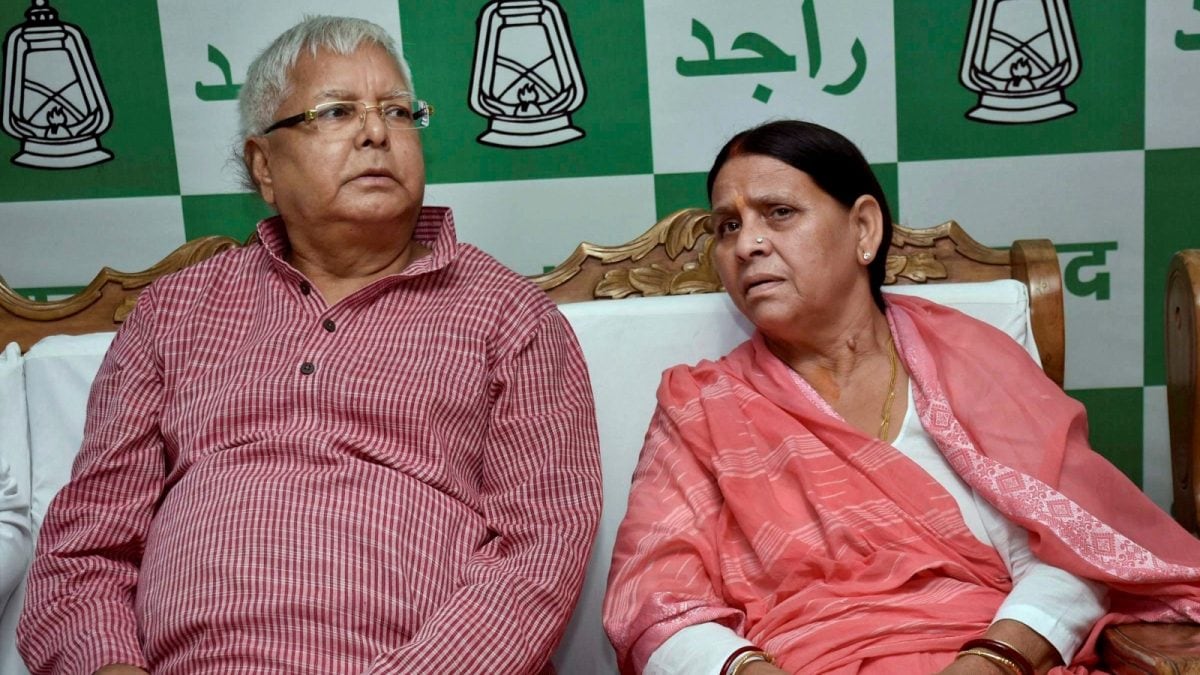The Supreme Court on Tuesday (November 11, 2025) interrogated Opposition parties, leaders, and NGOs for their negative portrayal of the Election Commission of India’s Special Intensive Revision (SIR) of electoral rolls, including their claims that the exercise amounts to “citizenship screening” in disguise and threatens to disenfranchise lakhs of voters.
“You people want to project as if revision of electoral rolls is happening for the first time in this country! We also know the ground reality. A constitutional functionary is undertaking an exercise… There can be some procedural deficiency. Those can be pointed out and rectified. You are saying as if the democratic process is being threatened… There is already an electoral roll, this is just a process to revise it,” Chief Justice of India-designate Justice Surya Kant said, addressing Tamil Nadu’s ruling party, the Dravida Munnetra Kazhagam (DMK), and leaders from West Bengal.
Also read | SC hearing on SIR updates
Tamil Nadu and West Bengal are among the 12 States and Union Territories included in the second phase of the SIR exercise, announced on October 28. The fate of 51 crore voters is at stake.
Hasty process
Senior advocate Kapil Sibal, representing the DMK and some West Bengal MPs, took on the challenge from the Bench, responding that electoral roll revisions have indeed happened in the past, but pointing out that the process in those instances was careful and long, taking almost three years.

“Now, the Election Commission (EC) wants it done in a month. It has already started on November 4… Ultimately, lakhs of people are going to be excluded from the voter list,” he replied.
The enumeration stage for SIR 2.0 will continue till December 4 and the EC will release the draft electoral rolls on December 9. The final electoral rolls will be published on February 7, 2026.
Inexplicable document list
Mr. Sibal termed the current SIR a “farcical exercise”, referring to the EC’s inexplicable inclusion of an “extract of the electoral roll of Bihar SIR with reference to July 1, 2025” in its list of 13 types of documents that could be submitted as proof of identity during scrutiny in the SIR in Tamil Nadu and eight other States and three Union Territories.

“An extract of the electoral roll of the Bihar SIR has been added as the 13th document. What has the Bihar SIR got to do with elections in Tamil Nadu was not made clear. This has become a cause of confusion in the minds of the electors as well as parties in Tamil Nadu and other States. Will the Bihar SIR be taken as a basic document to include voters of Bihar as voters of Tamil Nadu without the criterion of ‘ordinarily resident’ in the latter State?” Mr. Sibal queried in court. Senior advocate Amit Anand Tiwari and advocate Vivek Singh also represented the DMK, along with Mr. Sibal.
The Bench issued notice to the EC on the petitions filed by the DMK and other pleas challenging the constitutionality of the SIR exercise.
Competing for backwardness
Mr. Sibal noted that States differ culturally and geographically from each other. The senior counsel pointed out that there were large swathes of rural areas in Tamil Nadu with almost zero Internet connectivity. “How would people upload documents and details if their names do not appear in the draft roll or if their previous data does not match with the enumeration forms or if their details are not available? They will have to fill up everything. But from where?” Mr. Sibal asked.

The Election Commission, represented by senior advocate Rakesh Dwivedi, said that States opposing the SIR were “competing with each other to prove who was more backward”.
Need for transparency
Advocates Prashant Bhushan and Neha Rathi, appearing for the NGO Association for Democratic Reforms (ADR), suggested alternative measures to weed out dead and duplicate voters from the electoral rolls.
Mr. Bhushan said the EC had a de-duplication software which could be run to identify duplicate names in the electoral roll. Likewise, gram sabhas or panchayat sabhas could be organised at the ground level to identify voters who had migrated or were dead. The counsel urged the court not to let the EC use the SIR as a mechanism to determine citizenship.

In an application, Mr. Bhushan insisted that electoral officials must provide voters with acknowledgement slips during the submission of enumeration forms. He said the 2003 electoral roll should be made available in a machine-readable form. “This is to help voters verify the presence of their parents’, relatives’ or their own names in the 2003 rolls. It would ensure transparency,” Mr. Bhushan submitted.
Voter privacy concerns
Though agreeing with Mr. Bhushan on the point of the acknowledgement slips, Justice Joymalya Bagchi, on the Bench, referred to a Supreme Court judgment which had objected to the release of machine-readable voter lists as it may lead to violation of voter privacy.
“Data could be mined. EC holds the data in trust,” Justice Bagchi observed.
The hearing also saw Justice Bagchi, at one point, reiterate that the court had only included Aadhaar as a proof of identity in the SIR process. “We had only said that if EC could use caste or birth certificates as proof of identity in SIR, Aadhaar could be used too,” Justice Bagchi clarified.
The court listed the case for hearing on November 26.

 1 hour ago
3
1 hour ago
3








 English (US) ·
English (US) ·